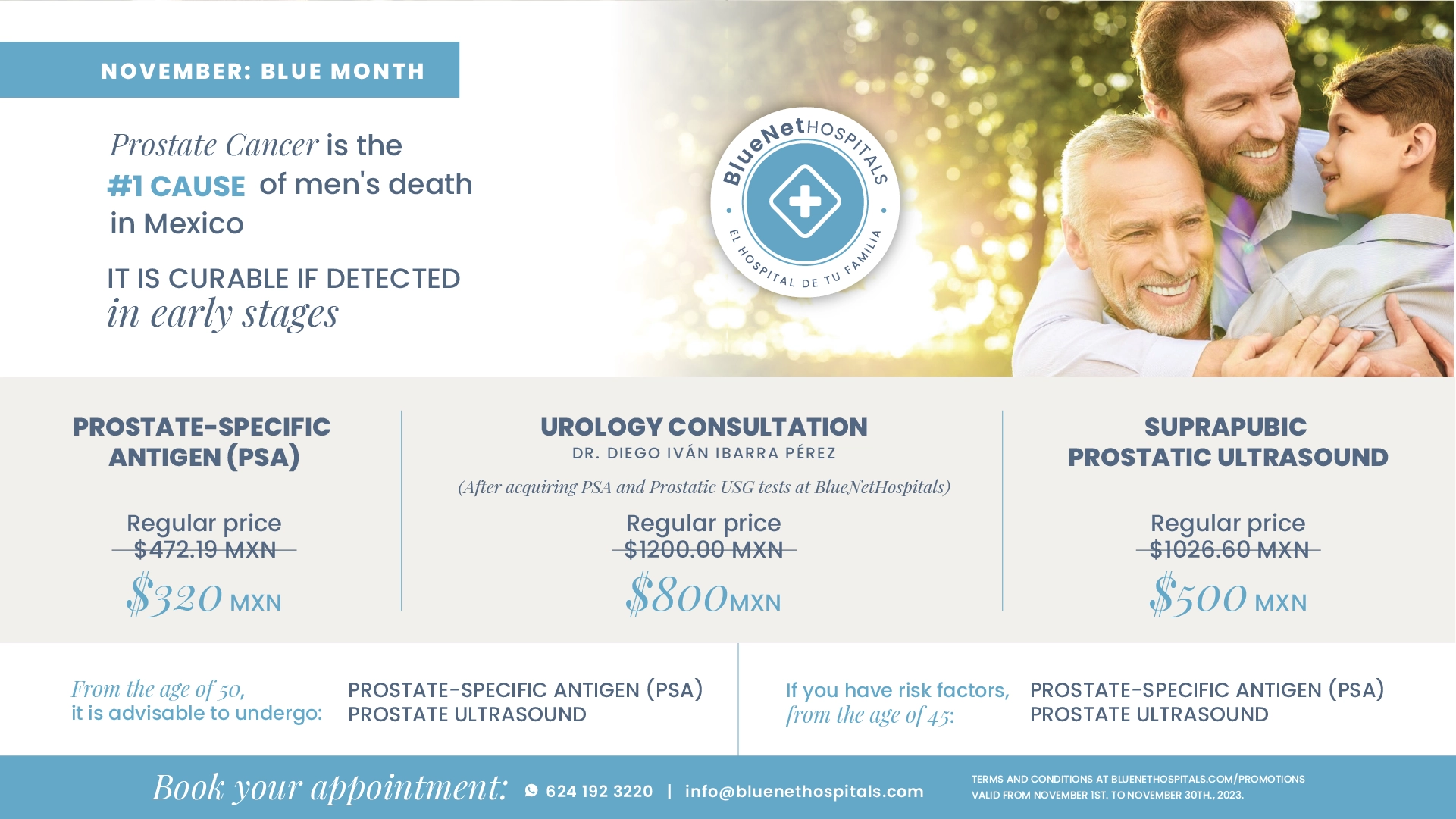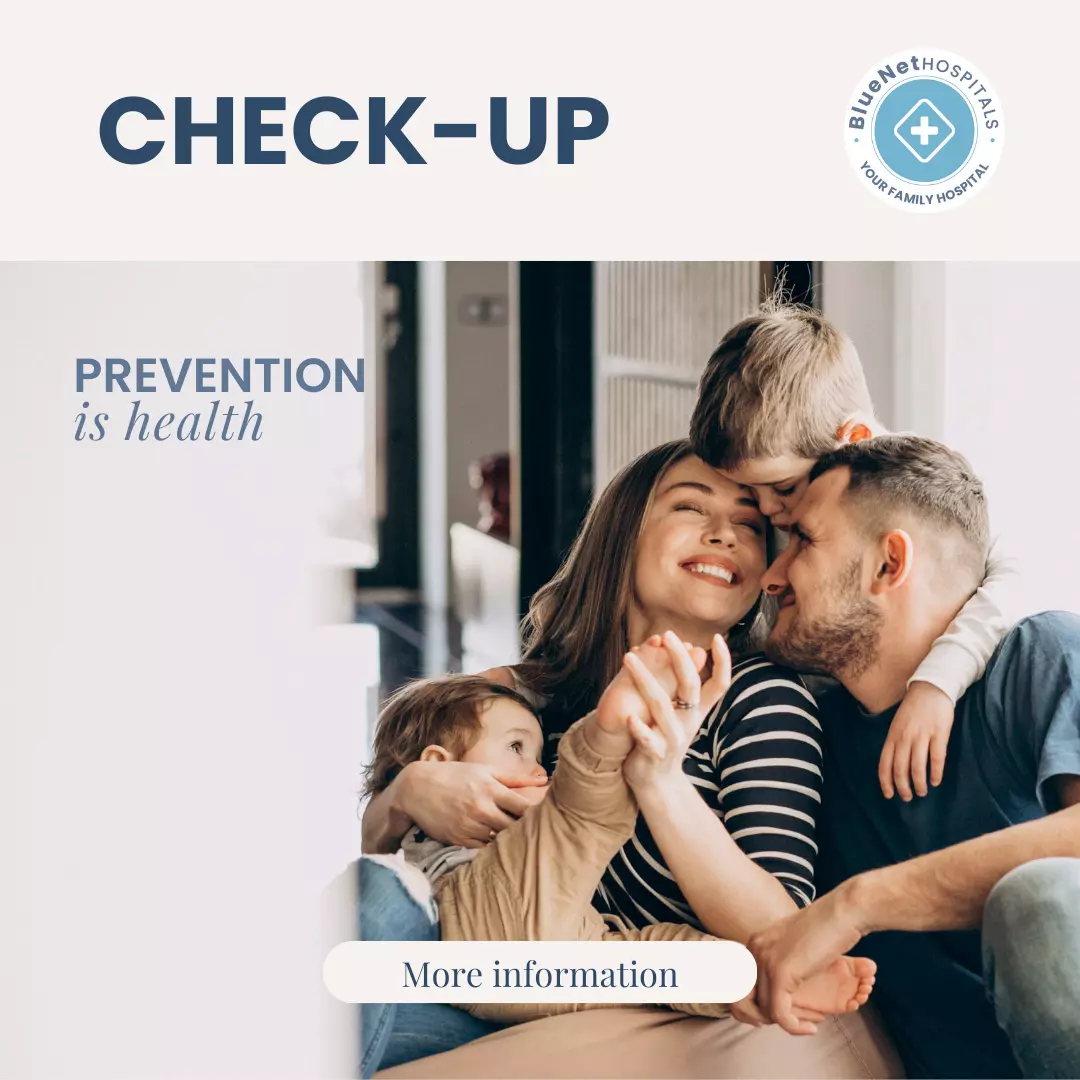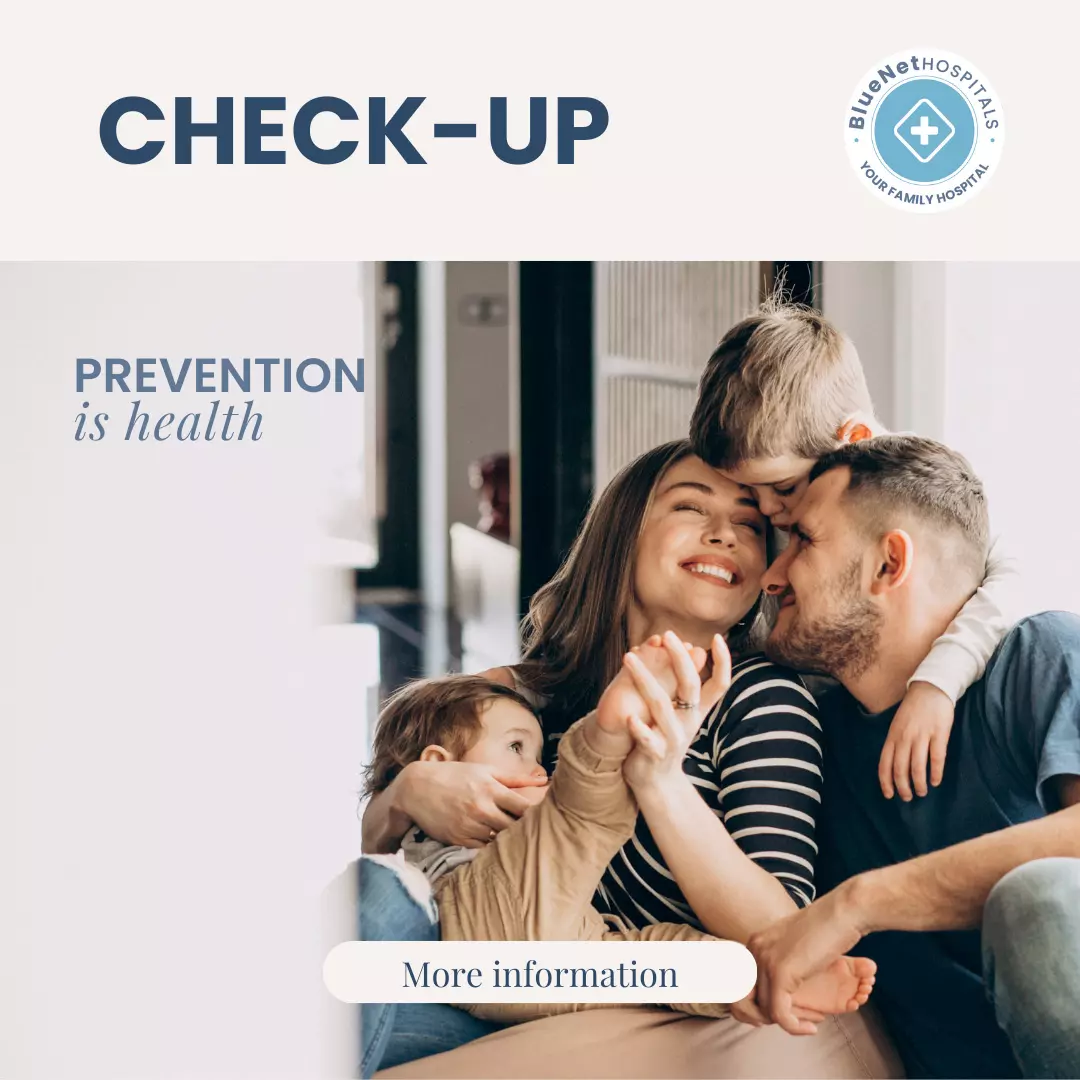
Early Detection of Prostate Cancer
Prostate Cancer can affect men of all ages but is more common in those over 50.

An Important Conversation About Men's Health
Prostate Cancer is a subject that can be uncomfortable or problematic for many men. Nonetheless, discussing this topic openly and empathetically is crucial to understanding and effectively addressing it.
Prostate Cancer develops in the prostate gland, a small structure beneath the men's bladder. The prostate produces part of the seminal fluid that nourishes and protects sperm cells. When cells in the prostate begin to grow abnormally and uncontrollably, a cancerous tumor forms.
How old can you be to get Prostate Cancer?
Prostate Cancer can affect men of all ages but is more common in those over 50. The risk tends to increase as we age, with most cases diagnosed in men 65 or older. It's essential to be aware of this disease and consider screening tests, especially as we age - an annual visit to the Urologist is ideal.
What are the symptoms of Prostate Cancer?
In its early stages, prostate Cancer is often asymptomatic, making it more challenging to detect. However, as it progresses, some symptoms may include:
-
Difficulty urinating
-
Weak urinary stream
-
Pain in the pelvic region or lower back
-
Presence of blood in the urine or semen
-
Discomfort or pain during ejaculation
These symptoms may be worrying, but remember, early detection is vital. If you experience these signs, don't hesitate to see your Urologist for an evaluation.
Can Prostate Cancer be prevented?
Prostate Cancer prevention centers on early detection and reducing risk factors. While there's no foolproof way to prevent it completely, some healthy habits, such as maintaining a balanced diet, keeping a healthy weight, and regular exercise, can help decrease risk. Moreover, early detection through regular medical exams is vital to effective treatment.
How is Prostate Cancer diagnosed?
The diagnosis of Prostate Cancer is a critical step in fighting this disease. Early detection is vital for effective treatment, so understanding the different tools and methods available is essential.
Prostate Cancer Screening Tests
-
Prostate-Specific Antigen (PSA) Test
This is one of the most common tools for early detection of Prostate Cancer. It involves a blood test that measures the levels of PSA in the body. Elevated PSA levels can indicate a problem in the prostate, which may require a more detailed evaluation.
-
Digital Rectal Examination (DRE)
In this procedure, the doctor inserts a gloved finger into the rectum to feel the prostate and assess its size, texture, and possible abnormalities. Although it may be uncomfortable, it is an essential tool for detecting changes in the prostate.
Definitive Diagnosis of Prostate Cancer
Prostate Biopsy
When screening test results, like the PSA or rectal exam, suggest the possibility of Prostate Cancer, a biopsy is conducted. This procedure takes small tissue samples from the prostate for examination. A pathologist will examine these samples under a microscope to determine if cancer cells are present and, if so, their grade and stage.
Magnetic Resonance Imaging (MRI)
Prostate MRI is an imaging technique that helps doctors visualize the prostate in detail. It is used with other methods to guide the biopsy and determine the extent of cancer if the diagnosis is confirmed.
When should I go to the doctor for a check-up?
Early detection is crucial in Prostate Cancer, so it's recommended that men start discussing screening tests with their Urologist from the age of 50.
However, you might need to start testing earlier if you have a family history of Prostate Cancer or belong to a high-risk group.
If you show symptoms already or your Urologist has diagnosed you with Prostate Cancer, immediate attention from an Oncologist is ideal to begin the appropriate treatment.
Visit our promotions and start early detection.
BlueNetHospitals - Hospital Los Cabos
BlueNet Hospitals.
Trending Topics
Oncology
Trending Topics
Septoplasty
Septoplasty is a highly effective procedure for correcting a deviated septum
Ulcerative Colitis
Ulcerative colitis is an inflammatory bowel disease (IBD) that causes chronic inflammation.
Prostate-Specific Antigen (PSA)
The level of PSA in the blood can provide valuable information about prostate health.
Emphysema
Emphysema symptoms can be subtle at first but tend to worsen over time.
Health Library
Oncology
- Do You Need an Appointment with a Specialist?
- call us
- write us
- let's talk










